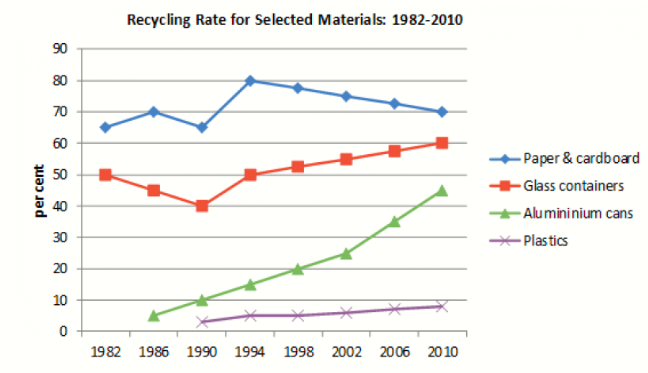A famous argument about English learning, due to the decline of many other local languages that are in danger of extinction, has been attributed to many aspects. This essay argues that though English is essential for global communication, attempts at the preservation of local languages become indispensable to retain cultural diversity.
Mastering English is crucial, as it can facilitate global communication and learning. English is generally termed the most widely spoken language in the world, especially for international business people and diplomats. Proficiency in English enhances numerous career opportunities and educational prospects since this increases one’s professional networking through collaboration and consultation. For instance, major international conferences and negotiations are conducted in English, therefore, one has to know how to communicate in it to participate. Fluency in English thus offers significant advantages to people to remain competitive in their profession, as well as getting access to more education facilities.
On the other hand, local languages are beneficial for the preservation of cultural diversity and identity. Typically, local languages possess unique cultural and historical significance, for they are usually merged with traditional customs, folklore, and rituals. Local language preservation has a positive impact on the survival of cultures and identities represented by these languages in respective societies. The loss of such languages would result in the erosion of rich traditions and disconnection from their cultural heritage. It is, therefore, incumbent to protect these linguistic heritages so that the rich tapestry of human culture remains intact for future generations.
In conclusion, knowledge of English indeed confers many valuable, preserving local languages is crucial for cultural diversity and identity. While maintaining one’s mother tongue is important, so is learning English. Bilingual education is one such strategy to achieve a balance between these two. It would be essential to acknowledge the values associated with linguistic diversity and to work toward maintaining a harmonious coexistence between English and local languages.






 Đăng ký
Đăng ký 

Bạn cần đăng nhập để them gia bình luận